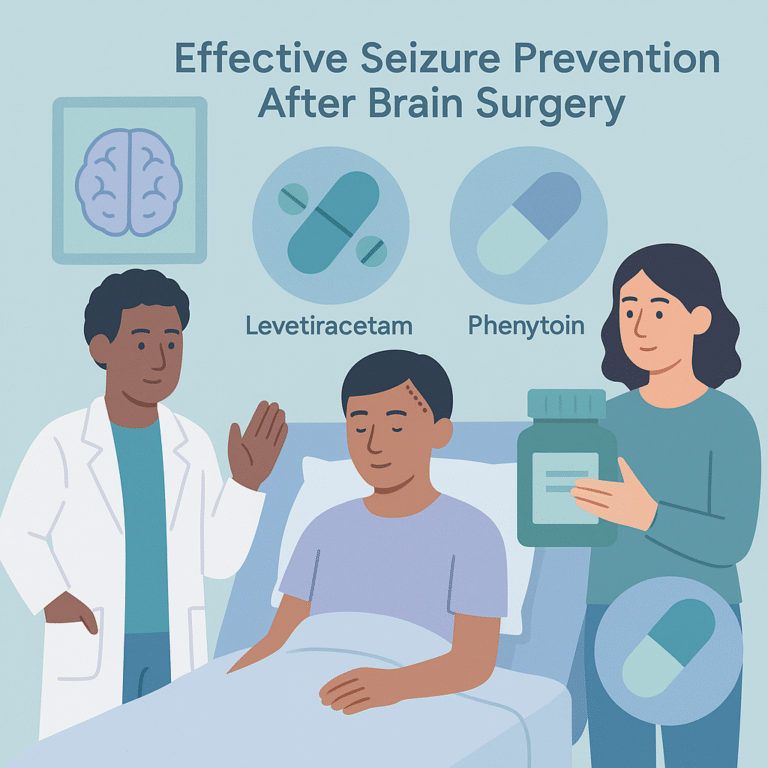Understanding Placebo Effects in Epilepsy Treatment Trials
Researchers studied the effects of placebo in epilepsy treatment trials.

Researchers studied the effects of placebo in epilepsy treatment trials.

A recent study looked at how well a medication called cenobamate works for adults aged 18 to 70 who have focal seizures that are not controlled by other treatments.

Researchers studied the indirect costs and burdens faced by families caring for children with severe epilepsy disorders known as developmental epileptic encephalopathies (DEE).

Researchers are studying a condition called Cyclin-dependent kinase-like 5 deficiency disorder (CDD), which affects children and causes severe epilepsy, developmental delays, and other challenges.

Researchers studied the effectiveness and safety of different antiepileptic drugs (AEDs) for preventing seizures in patients who had brain surgery to remove tumors.

Researchers studied common mistakes in a specific type of analysis called psychophysiological interaction (PPI) analysis, which is used in brain imaging to understand how different parts of the brain communicate during tasks.

This study looked at how effective vagus nerve stimulation (VNS) is for treating drug-resistant epilepsy (DRE) in children.

Researchers studied the use of ketogenic therapy, a special diet that can help control seizures, in infants aged 18 months or younger.

This study looked at how a mobile health program based on the transtheoretical model (TTM) could help adolescents with epilepsy become more ready to manage their health as they transition to adult care.